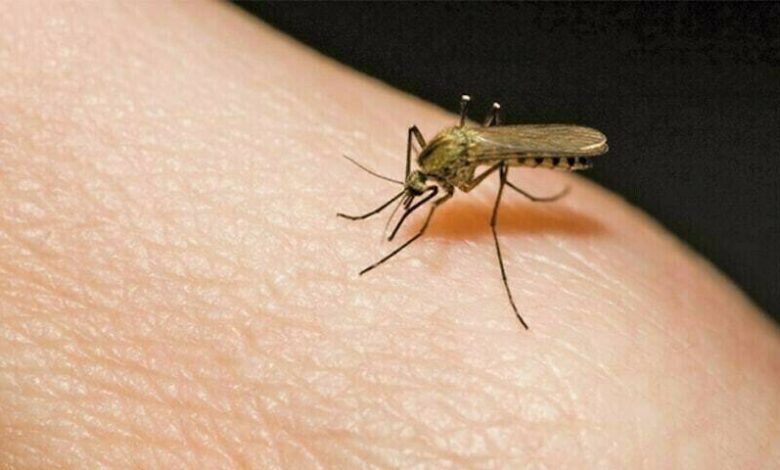
As monsoon rains sweep across Pakistan, the National Disaster Management Authority (NDMA) has issued a high-priority advisory on mosquito-borne diseases. The authority warned that stagnant water and rising humidity create ideal breeding grounds for mosquitoes and seasonal insects, sharply increasing the risk of dengue, malaria, chikungunya, and other deadly illnesses.
Sharp Rise in Health Threats Expected
NDMA highlighted that mosquitoes and other seasonal insects act as carriers of dangerous viruses capable of causing life-threatening conditions. With monsoon flooding and water accumulation becoming common, the chances of disease outbreaks are higher than usual.
The advisory warned that global data shows insect-borne diseases claim around one million lives every year. Pakistan, already vulnerable due to poor drainage in urban and rural areas, faces heightened risk this season.
Read: Mental Health Experts Raise Alarms as Mood Swings Surge Among Young Adults
Common Diseases Linked to Monsoon Season
Officials pointed out that dengue fever, malaria, and chikungunya remain the most common threats during the rainy season. These illnesses spread rapidly in areas where rainwater pools in open spaces, allowing mosquitoes to breed unchecked.
Medical experts stress that symptoms such as fever, body aches, and headaches should not be ignored. Immediate medical consultation can prevent complications and save lives.
Preventive Measures for the Public
To control the spread, NDMA urged citizens to take proactive steps. Key measures include:
Ensuring rainwater does not collect in and around homes.
Keeping containers, water tanks, and flowerpots dry.
Covering all open water sources to prevent mosquito breeding.
The advisory also encouraged communities to organize cleanliness drives. Removing clogged drains and clearing stagnant water after rainfall can significantly reduce insect populations.
Role of Local Authorities
The NDMA called on municipal bodies to intensify fumigation campaigns in high-risk areas. It also recommended stronger monitoring of waterlogging hotspots, especially in flood-prone cities. Local administrations have been asked to coordinate with health departments to identify outbreak zones and take swift action.
Connection Between Weather and Disease Spread
Experts say that heavy rainfall followed by warm, humid conditions accelerates mosquito breeding cycles. Insect populations can double within days, increasing the risk of large-scale outbreaks. Rural areas with poor sanitation face a dual challenge—lack of healthcare access and faster disease spread.
The NDMA urged residents to remain vigilant even after rains stop, as mosquitoes often thrive in the weeks following heavy downpours.
Earlier Flood and Rain Warnings
Before this advisory, the NDMA had already issued flood alerts for several parts of the country. Warnings were sent out for the possibility of Glacial Lake Outburst Floods (GLOF) in Gilgit-Baltistan, Chitral, Upper Dir, Swat, and Kumrat Valley.
The combination of flooding and insect-borne diseases poses a serious threat to public health. NDMA emphasized that disaster management plans must now address both environmental hazards and disease prevention.
Global Lessons and Local Application
International studies have shown that community awareness campaigns, coupled with strict water management, can significantly lower infection rates. Countries with strong mosquito control programs have successfully reduced dengue and malaria cases during rainy seasons.
NDMA suggested that Pakistan adapt similar practices, particularly in urban slums and remote rural areas where preventive infrastructure is weak.
Public Responsibility in Reducing Risks
The authority stressed that the fight against mosquito-borne diseases requires joint action from both the government and the public. Households play a vital role by eliminating breeding sites and reporting early symptoms to nearby clinics.
While government fumigation and drainage work can control larger breeding zones, personal responsibility in maintaining cleanliness is equally crucial.
Looking Ahead
With the peak of the monsoon season still ahead, NDMA’s advisory serves as both a warning and a call to action. Health experts believe timely intervention can prevent a repeat of past dengue outbreaks that overwhelmed hospitals.
Authorities are urging citizens to act now, stressing that small preventive steps today can save lives in the weeks to come.
Follow us on Instagram, YouTube, Facebook,, X and TikTok for latest updates
